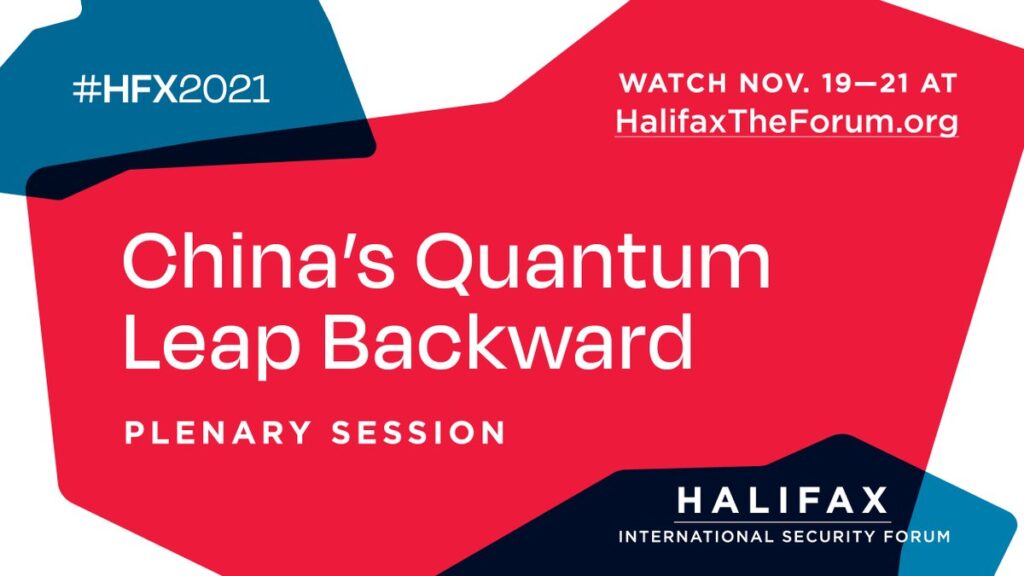China on Monday demanded Lithuania end its newly enhanced relationship with Taiwan that has already prompted Beijing to downgrade diplomatic ties from the ambassadorial level with the EU-member nation,
China downgraded diplomatic relations with Lithuania after the Baltic country upgraded economic ties with Taiwan, in a sign of how EU member states risk retaliation from Beijing if they seek to deepen links with Taipei, The Financial Times reports. Some governments and lawmakers are reconsidering their links with China, as they have become increasingly fearful of Beijing’s authoritarian tendencies and disillusioned over economic opportunities in the world’s second-largest economy.
Gitanas Nauseda, Lithuania’s president, told the FT in August that the Baltic state would not back down. He added that while the country was committed to defending democratic values, the approach “should not bring additional tensions”.
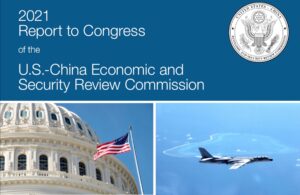 “CCP leaders publicly express confidence that China will prevail in an ideological and civilizational clash with the United States and other democracies they refer to as ‘the West,’” says a new report.
“CCP leaders publicly express confidence that China will prevail in an ideological and civilizational clash with the United States and other democracies they refer to as ‘the West,’” says a new report.
“In 2021, China’s leaders made plain their ambition to present the CCP’s one-party rule to the world as a superior political, economic, and moral model to democracy and capitalism,” notes the U.S.-China Economic and Security Review Commission. Without a robust response to Beijing’s aggressive assertion of its ‘sharp power,’ the world will witness “the slow but certain erosion of the security, sovereignty, and identity of democratic nations,” it asserts:
As Beijing attempts to curb the aspirations of a rising generation of entrepreneurs, leaders, and advocates of democracy, the message is clear. National sovereignty along with constitutional rights, civil and human liberties, and free market economic values are impediments to the CCP goals of a “community of common human destiny,” which in simplest terms is the Party’s ever-expanding control over its own people and other nations’ citizens as well.
The Commission’s 32 recommendations include requiring public US companies to disclose on an annual basis “whether there is a Chinese Communist party committee in their operations and summarize the actions and corporate decisions in which such committees may have participated.” It highlights the CCP’s growing presence in non-state firms, citing data from the CCP’s Organization Department that “in 1998, a mere 0.9 per cent of non-state firms had CCP committees, a figure that rose to 16 per cent by 2008. By 2013, committee presence in non-state firms expanded to 58 per cent, and by 2017 it reached 73 per cent, accounting for 1.9 million firms.”
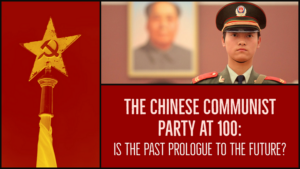 Beijing’s move against Lithuania comes as the regime continues its ideological offensive against ‘Western’ democracy in general and the forthcoming Summit for Democracy in particular, an event that aims “to renew democracy at home and confront autocracies abroad.”
Beijing’s move against Lithuania comes as the regime continues its ideological offensive against ‘Western’ democracy in general and the forthcoming Summit for Democracy in particular, an event that aims “to renew democracy at home and confront autocracies abroad.”
“This vision reduces the multi-color palette of the modern world to a minimalist black and white graphics of a global fight between ‘democracies’ and ‘autocracies,'” the regime’s Global Times complains. “Such a reductionist system, if constructed, cannot be stable and shock-resistant by definition: Any major international crisis or a regional conflict could spark high risks of implosion.”
Beijing’s hostility to democracies’ coordination probably reflects the fact that the CCP “perceives an international environment fraught with challenges for China,” foremost among which is “an intensification of geopolitical uncertainty, particularly from the United States and other democracies,” as the Economic and Security Review Commission observes:
China confronts a range of challenges that undermine the CCP’s triumphalist narrative. Economically, China faces a set of structural problems, including growing debt, income inequality, demographic decline, and technological dependence on the United States and other advanced democracies that policymakers have been only partly willing or able to address. Politically, the CCP is concerned about internal disunity, corruption, and a lack of ideological conviction within its ranks.
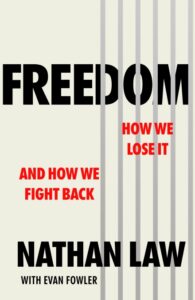 The CCP’s most recent uses of the phrase “profound changes unseen in a century” emphasize the negative impact of an uncertain and complex international situation strongly associated with intensifying competition with the United States, MIT’s M. Taylor Fravel told the Commission. RTWT
The CCP’s most recent uses of the phrase “profound changes unseen in a century” emphasize the negative impact of an uncertain and complex international situation strongly associated with intensifying competition with the United States, MIT’s M. Taylor Fravel told the Commission. RTWT
China’s deteriorating global reputation shows that it is losing the global battle of ideas despite its considerable investments in ‘sharp power,’ says Hong Kong political activist Nathan Law.
“When I landed in the U.K. last June, Boris Johnson was still talking about adding Huawei into the U.K.’s 5G infrastructure,” he tells The Wire – China. “Now there are literally no politicians in the U.K. saying that China is a force of good and we should work with them,” he adds. “So I think the change is definitely there.”
How can the law both protect and abolish our freedoms? And why should we place such importance on free and fair elections? What does it mean to be truly free? Law asks in a new book. Freedom is fragile-it is not a given, and each generation must fight to protect it, whether in emerging democracies or in the Western world, where freedom is too often taken for granted, he writes in Freedom: How We Lose It and How We Fight Back.
China’s Quantum Leap Backward
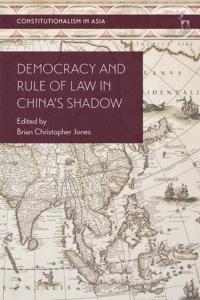 China has been a key protagonist in epic clashes between law and politics across Asia, notes a new book. In some cases these conflicts have involved newfound democratic aspirations or democratic deepening, while in others it has arisen because of pushback against authoritarian or semi-authoritarian governments, say the authors of Democracy and Rule of Law in China’s Shadow.
China has been a key protagonist in epic clashes between law and politics across Asia, notes a new book. In some cases these conflicts have involved newfound democratic aspirations or democratic deepening, while in others it has arisen because of pushback against authoritarian or semi-authoritarian governments, say the authors of Democracy and Rule of Law in China’s Shadow.
The presence of leading US lawmakers at the Halifax International Security Forum confirms that ”there is real bipartisan work underway in Congress on a number of pressing national security challenges, from bolstering U.S. competitiveness against growing Chinese influence, to holding autocrats like Vladimir Putin and Alyaksandr Lukashenka to account,” says U.S. Senator Jeanne Shaheen (D-NH), a senior member of the Senate Armed Services and Foreign Relations Committees. She was joined by U.S. Senator Jim Risch (R-ID), ranking member of the Senate Foreign Relations Committee, and Senators Tim Kaine (D-VA), Chris Coons (D-DE), Roger Wicker (R-MS) and Joni Ernst (R-IA). Other member plenaries included:
- Senator Kaine will lead “The Next 9/11: From Kabul or From California (or from some lab we haven’t heard of yet)?”
- Senator Wicker will lead “Post-Pandemic: Heed Expectations, Heal Globalization”
- Senator Ernst will lead “China’s Quantum Leap Backward” (above).
More information on the 2021 Halifax International Security Forum can be found here and here.
